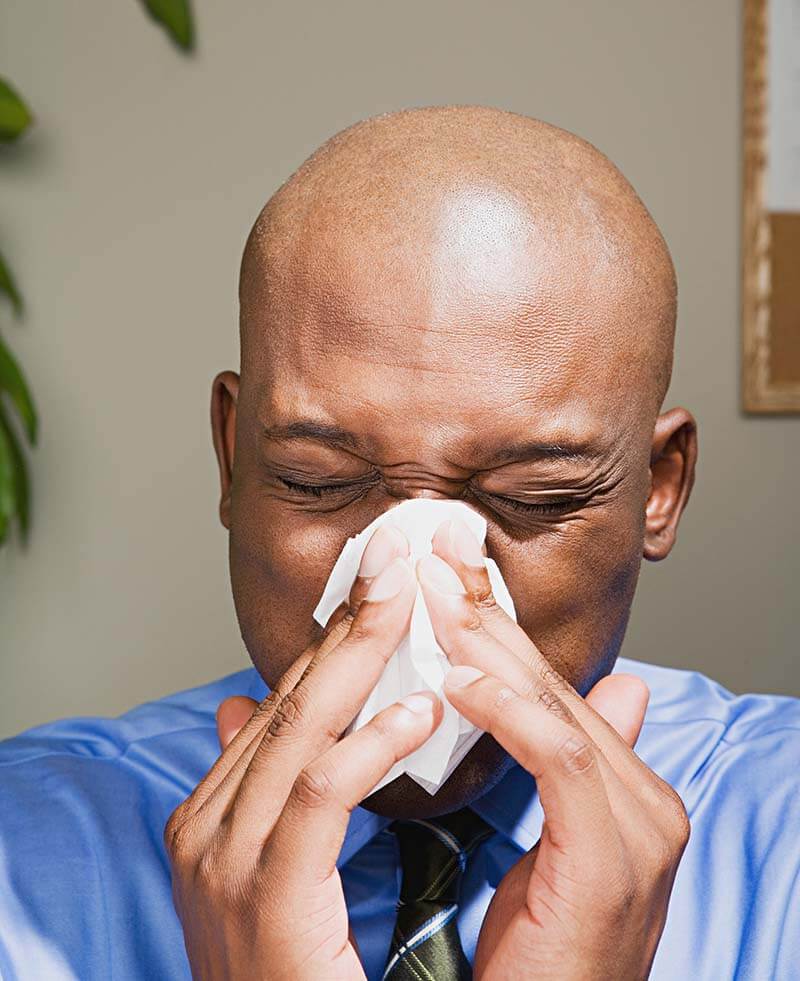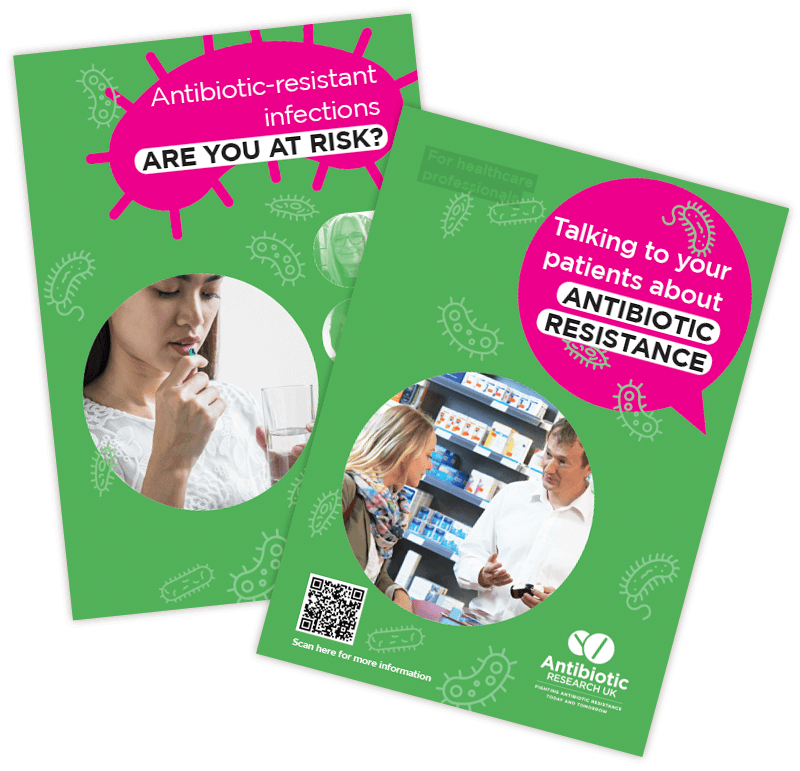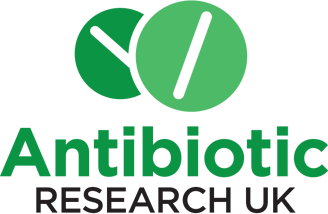
Feeling unwell? Hoping for a quick fix? Find out how the pandemic has helped shine a light on why antibiotics aren’t always the answer we’re looking for!
Flu, colds, infections… winter time can be the unwanted gift that keeps on giving. With cold days, long nights and lots of social events going on, it can feel like the worst possible time to come down with an illness. Fortunately, modern medicine provides a treasure trove of treatments that can help us get back on our feet quickly.

The right drug for the right bug
But what if those treatments are quite what they seem? Antibiotics have long been touted as wonder drugs. They are credited as being one of the three ‘pillars’ of health (alongside vaccines and clean drinking water) that have helped humans double their life expectancy. But that protection is fading… and now we know why.
Antibiotics treat infections caused by bacteria. They don’t work against bugs like viruses or fungus, which cause illnesses such as COVID-19, the flu, common colds, some coughs and more. But because of their status as a ‘miracle cure’, they have been given out too freely and taken too often by people that don’t really need them. Unfortunately, this is one of the factors that has led to some bacteria being resistant to treatment with antibiotics. So, this winter, we are asking you to make sure that whatever is ‘bugging you’ is a bacterial infection before you ask for or take antibiotics.
How has the pandemic highlighted this issue?
Research shows that antibiotic prescribing by GPs fell by 17% during the first 12 months of the pandemic, compared with the same period the previous year.
Professor Colin Garner, Chief Executive of Antibiotic Research UK, said: “The dramatic fall in antibiotic prescribing during the COVID pandemic could be due to many factors, including less infection transmission during lockdowns and fewer visits to GPs. More work is needed to understand the extent to which each of these factors has resulted in this drop in antibiotic prescribing, but the data does tell us that antibiotic prescribing can be reduced to help protect us all from the growing threat of antibiotic resistance.”
What else can be done to keep our antibiotics working?
It’s a complex issue, but there are some simple steps we can all take.
If you are ill:

Trust your doctor if they say that antibiotics won’t help you.

Keep taking your antibiotics right up until the end of the course that your doctor has recommended.

Don’t dispose of unwanted antibiotics in the bin or down the loo; take them to your nearest pharmacy.

Don’t share antibiotics with anyone else.
Typical respiratory tract infections, which can cause coughs, sore throats and earache, can of course be unpleasant. But we know that antibiotics do not speed up the recovery time, and can even cause side effects. This type of illness regularly takes up to three weeks to clear itself. During that time, follow NHS advice on how to keep yourself more comfortable if you have a sore throat, earache or chest infection. You can also call or visit a pharmacist for advice.
If you are not ill, there are still steps you can take:

Keep washing your hands thoroughly and often.

Help spread the word about the importance of looking after our antibiotics.

Make a donation to help us find alternative treatments that will help us keep our existing antibiotics working.
Please keep learning more about this issue, and spreading the word. We offer a range of resources that you can read, print out and share.
- Antibiotic-resistant infections; are you at risk? leaflet (PDF)
- Webpages about antibiotics, infections and resistance
- Myths about antibiotic-resistant infections
And of course, if you have an antibiotic-resistant infection or care about someone who has one, our award-winning Patient Support Service is here to offer you free information, advice and emotional support.
For healthcare professionals
We have created a range of resources to help you when you talk to patients about antibiotics and resistant infections. You can download or print the following:
- Talking to patients about antibiotic resistance PDF to give you some pointers on how to broach the topic with patients
- Antibiotic-resistant infections: are you at risk? PDF for all patients, even those who do not currently have an infection.
- Consider giving a delayed prescription, which is considered to be a safe and effective strategy for most patients
- You can also share a link to Antibiotics and You: an introduction to antibiotic-resistant infections, which is a short, easy-to-understand course created by The University of Manchester.
- You can see our full range of resources, including leaflets about specific infections, on our Resources page.
If you are supporting a patient who does have a resistant infection, you can direct them to our free Patient Support Service for information, advice and emotional support. You can download the Patient Support Service leaflet (PDF) or send them to our Patient Support page.

How your donations can help
As well as creating the resources and information you can see on this page, we also provide one-to-one support to people affected by antibiotic-resistant infections, such as Ronda and Lisa. These infections can have a negative impact on every area of a person’s life, and there is very little support available.
But we also invest in research. Research provides us with the best hope of beating resistant infections in the future. We fund studies into the basic biology of resistance, alternative treatments and into some of the social issues that lead to the misuse of antibiotics in the first place. Every donation you make is a precious contribution to beating these bugs, potentially saving millions of lives.

